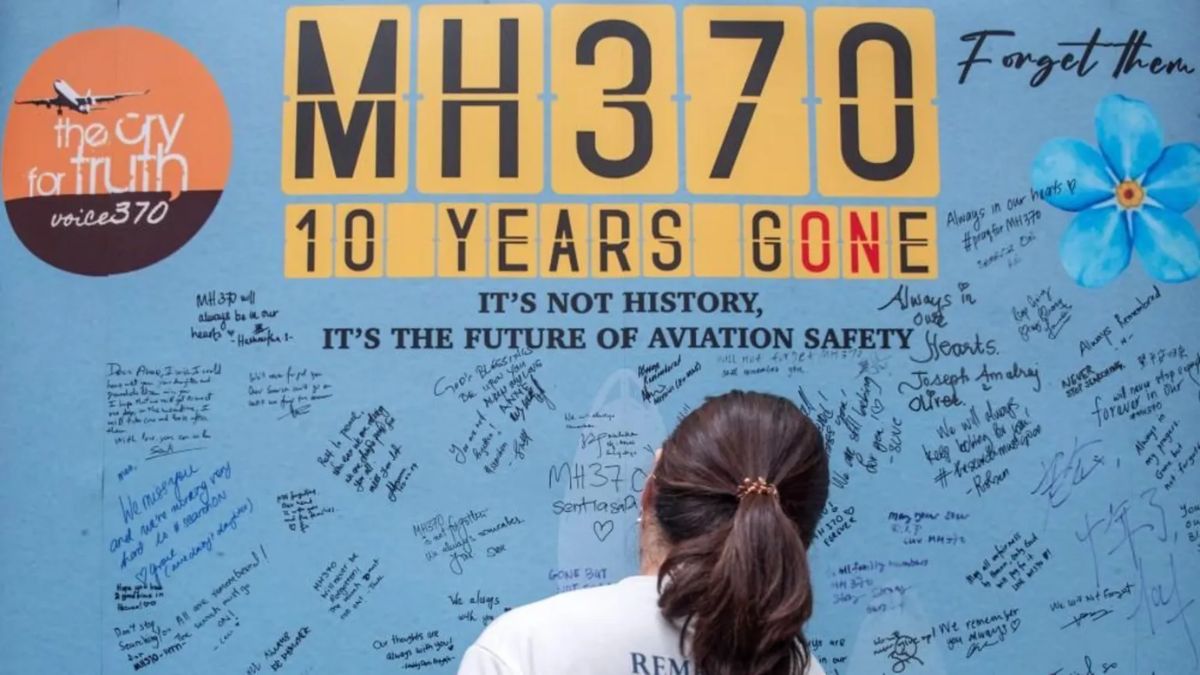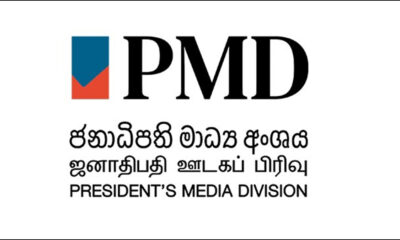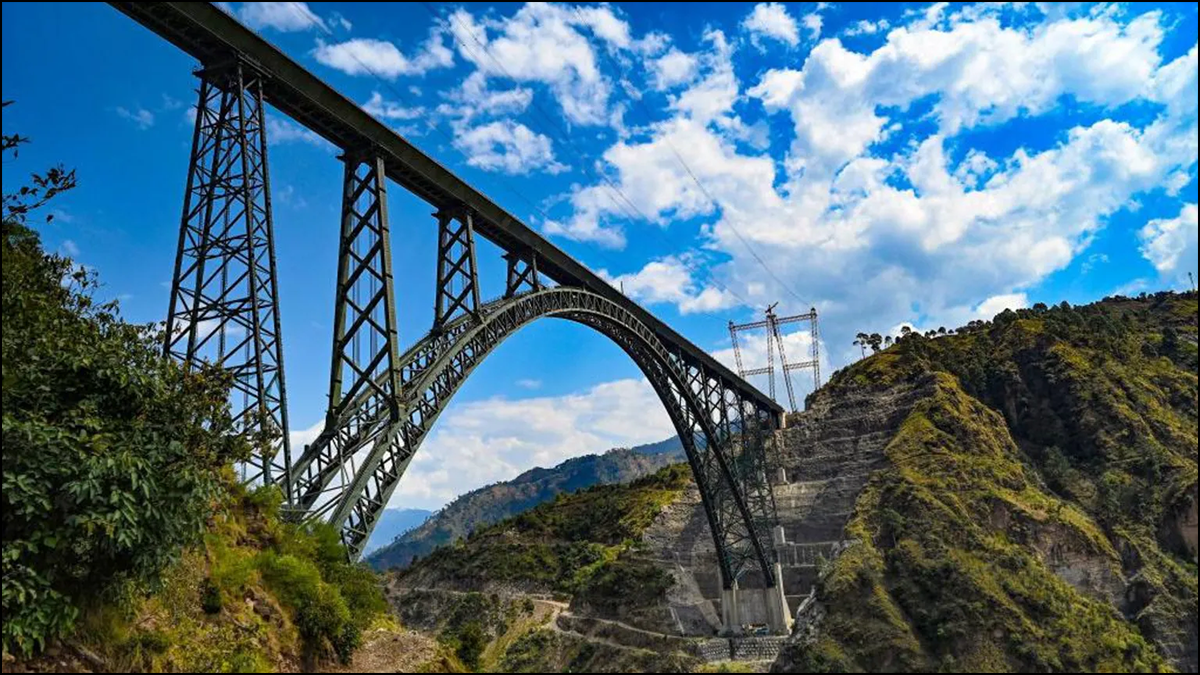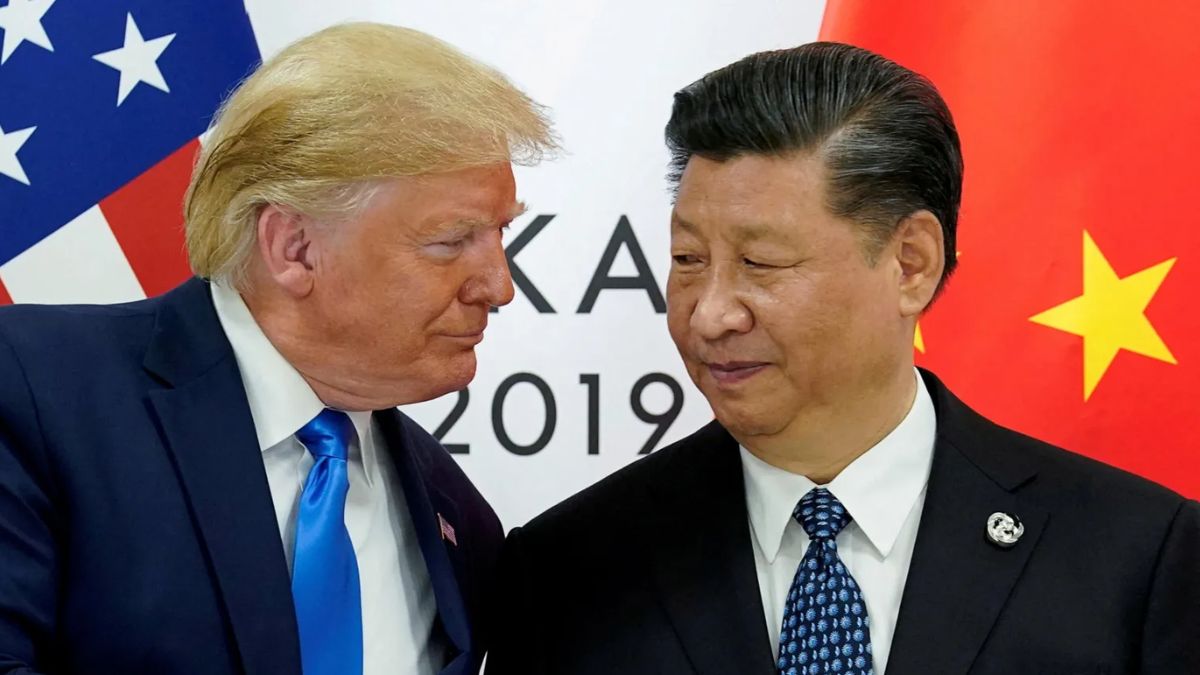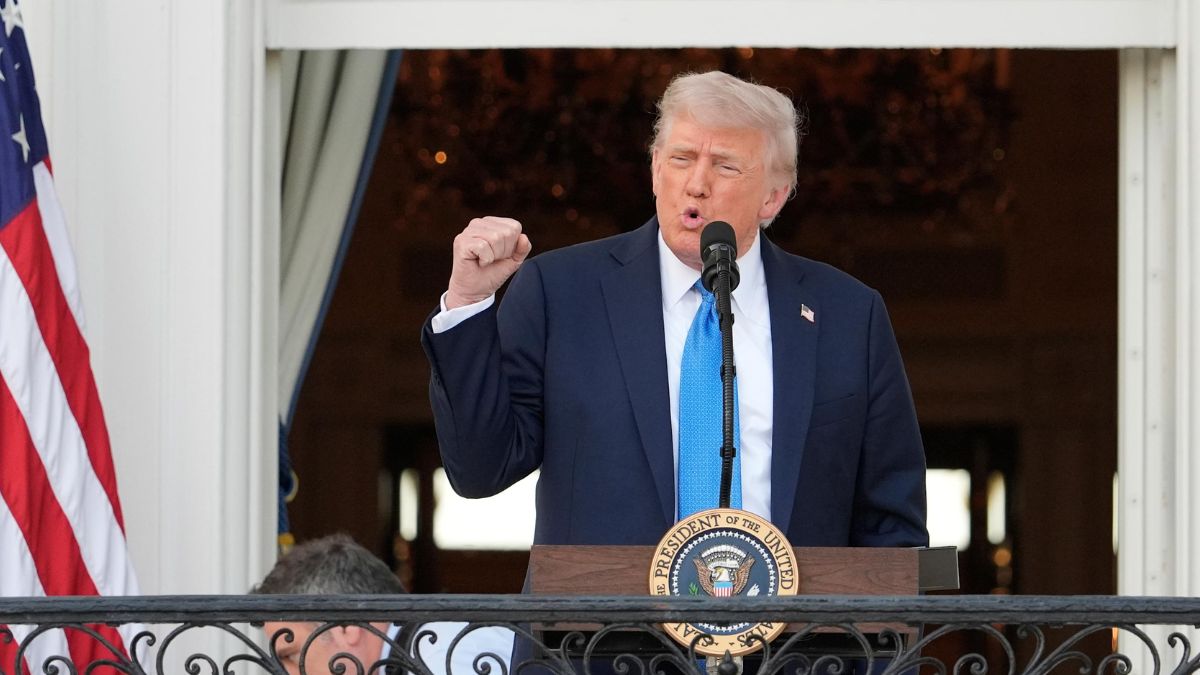The Malaysian cabinet has approved a fresh search for the wreckage of Malaysia Airlines flight MH370, more than a decade after the aircraft vanished.
The search will cover a 15,000 sq km area in the southern Indian Ocean, under a “no find, no fee” agreement with the exploration firm Ocean Infinity.
The company will receive $70m (£56m) if the wreckage is found, transport minister Loke Siew Fook announced.
Flight MH370 disappeared in 2014 with 239 people on board while travelling from Kuala Lumpur to Beijing. Its disappearance is one of the world’s greatest aviation mysteries, which continues to haunt the families of the passengers.
Despite extensive searches in the years since it vanished, no wreckage has been found. Previous efforts, including a multinational search that cost $150m (£120m), ended in 2017.
The governments of the three nations involved – Malaysia, Australia and China – said the search would only be resumed “should credible new evidence emerge” of the aircraft’s location.
A 2018 search for the wreckage by Ocean Infinity under similar terms ended unsuccessfully after three months.
In December, Malaysia’s government agreed in principle to resume the search. However, the final negotiations were not completed until March.
Malaysia’s final approval on Wednesday will now allow the search to begin.
Loke said in a statement: “The government is committed to continuing the search operation and providing closure for the families of the MH370 passengers.”
Flight MH370 took off from Kuala Lumpur in the early hours of 8 March 2014. Less than an hour after takeoff, it lost communication with air traffic control, and radar showed that it had deviated from its planned flight path.
Investigators generally agree that the plane crashed somewhere in the southern Indian Ocean, though the reason for the crash remains unclear.
Pieces of debris, believed to be from the plane, have washed up on the shores of the Indian Ocean in the years following its disappearance.
The aircraft’s disappearance has given rise to a host of conspiracy theories, including speculation that the pilot had deliberately brought the plane down and claims that it had been shot down by a foreign military.
An investigation in 2018 into the aircraft’s disappearance found that the plane’s controls were likely deliberately manipulated to take it off course, but drew no conclusions behind it.
Investigators said at the time that “the answer can only be conclusive if the wreckage is found”.
The passengers included people from more than a dozen countries: just under two-thirds were Chinese nationals, followed by 38 Malaysians, with others from Australia, Indonesia, India, France, Ukraine, the US and several other nations.
Family members of missing Chinese MH370 passengers met with officials in Beijing earlier in March to discuss the renewed search for the wreckage and express their hopes for an independent search. Some relatives voiced their frustration over a lack of direct communication from the Malaysian authorities.
“It was promised that we would be informed immediately [but] we can only find out about this kind of news online,” said Li Eryou, a 68-year-old father who lost his 29-year-old son.
“Many families don’t even know how to access this information, so they are completely unaware,” he told AFP.
Grieving families gathered outside the Malaysian embassy in Beijing on the eleventh anniversary of the flight’s disappearance earlier this month, chanting: “Give us back our loved ones!”
Cheng Liping, whose husband had been in Malaysia for a film shoot and had been returning to China on MH370, said she hoped Beijing would communicate more with Malaysia to uncover the truth.
“Everyone has been left trapped in pain,” she told reporters. “What exactly happened is still unknown.”
The fresh search prompted mixed reactions from the families of passengers when it was announced in December – with some calling it a step towards closure, while others describing the news as bittersweet.
(BBC News)

 News3 days ago
News3 days ago
 BIZ2 days ago
BIZ2 days ago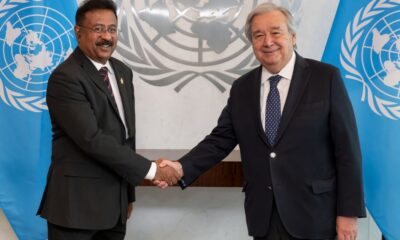
 News2 days ago
News2 days ago
 News3 days ago
News3 days ago
